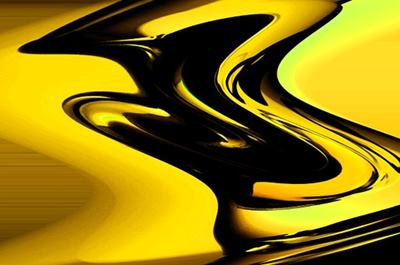Looking into the artist's mind with hypnosis
I had a client the other day who is an artist. She is a well respected and well known artist. She came to me to sort out some personal difficulties. In the process of interviewing her, she talked about her art and her ideas about art. She is highly intelligent with a lively artist's mind. Her art is quite avant-guard. She designs installations that visitors can walk into. It gives them a full immersive experience. Inside her art work they will find rooms with no corners, with no obvious lighting sources. Colors merge into each other. There are strange designs of wall that leave you disoriented and unable to find a way out.
And that is exactly how she described her life to me. She feels disoriented, directionless and with no way out.
We went on to deal with some of her issues, but it left me wondering whether this a recurrent theme in art, and whether with enough skill you could work out the state of the artist's mind by examining what they produced.
And whether it doesn't just apply to artists, whether what all of us produce personally and collectively actually reflects our inner states. Perhaps culture is a by-product of the collective psyche.
Changing the artist's mind
It also brings up some issues specifically related to hypnotherapy. This woman is successful precisely because her art reflects her artist's mind. What happens to her art if I take away the issues that are driving her? Am I destroying her artistic source? Will I make her unemployed? Or perhaps she will use her existing talents to produce a different kind of art? Will her new artist's mind produce a new artist's output?
The ethical implications of changing personalities and attitudes are quite profound. What happens if what I do causes a man to no longer put up with his wife's behaviour? Suppose I change a person's limiting beliefs and they go out and start a business, and fail at it? Is my hypnosis ethical?
